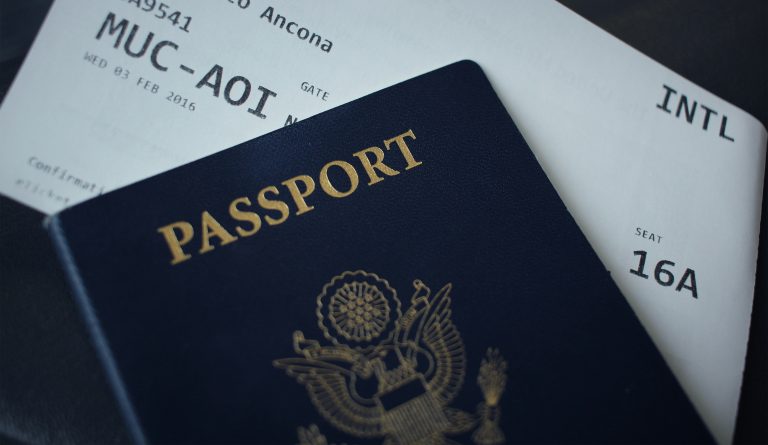Covid-19 has changed the way we work. With employers increasingly hiring more part-time workers and fewer full-time staffers, many in the workforce are considering the viability of part-time employment. In Austria, people are increasingly considering part-time work opportunities as there has been more emphasis on the importance of work-life balance.
Before hiring part-time Austrian employees, here are some labour laws and regulations to note.


Cost Considerations
Are there any special costs or considerations we would need to take for part-time/weekend workers?
Part-time work (Teilzeitarbeit) means that the agreed weekly working hours on average fall below the legal regular working hours of 40 hours.
Extra hours (Mehrarbeit) and Overtime (Überstunden)
In case of part-time work, extra hours are those working hours between the contractually agreed working hours (e.g. 30 hours) and the regular working hours of 40 hours according to the Austrian Working Hours Act (Arbeitszeitgesetz, AZG).
Overtime is only incurred if the daily or weekly working hours agreed for full-time employment are exceeded (8 hours/day and 40 hours/week).
An obligation to work overtime shall only exist if both requirements are met:
· statutory rules, legal standards for collective bargaining and shop agreements or work contracts so require. (the CBA in commercial companies does not stipulate an obligation for part-time employees to perform extra hours. If needed, this obligation should be highlighted in the employment contract)
· there is an increased demand for labour or preparatory and shutting-down tasks
However, if a mutual agreement is reached on the additional work between employer and employee, it may be performed if the maximum working time and minimum rest periods in accordance with the Working Hours Act and Act on
Work Resting (Arbeitsruhegesetz) are observed. In a nutshell, the following shall be noted:
· The normal working time shall be 8 hours per day and 40 hours per week without breaks.
· The maximum working time (including overtime) shall be 12 hours per day and 60 hours per week.
· If daily working time exceeds six hours, an employee is entitled to a rest break of at least half an hour.
· Employees are entitled to a minimum daily rest period of 11 consecutive hours within every 24-hour period during which they work.
· Employees are entitled to a minimum weekly rest period of 36 consecutive hours, normally including Sunday.
Compensation of extra hours and overtime for part-time employees
1) Extra hours
Generally, a premium of 25 % shall be payable for extra hours of part-time employees.
When is a premium not necessary?
· When time in lieu in a ratio of 1:1 is provided within any quarter of a calendar year or any other defined period of three months in which such additional hours have accrued;
· When flexible working time regimes the agreed working time on average is not exceeded across the period of flexible working time.
2) Overtime
Overtime for part-time employees is only incurred if the daily or weekly working hours agreed for full-time employment are exceeded (8 hours per day/ 40 hours per week).
Overtime pay shall consist of
· A basic hourly pay; amounting to 1/173 of the gross monthly salary.
· A premium. The overtime premium generally amounts to 50%.
· A 100 % premium shall be paid for overtime performed in the time from 8:00 pm to 6:00 am and on Sundays and public holidays.


Are there any special benefits for part-timers?
There are no mandated requirements for part-time employees.
How are the probation and notice period determined?
In Austria, the first month of the employment relationship may be agreed as a probationary period. During this period, the employee and the employer are entitled to terminate the employment contract with immediate effect and without cause. The probationary period should last for a maximum of 1 month. A probationary period for a longer time, ie 6 months is not enforceable.
In summary
· Part-time employees are allowed to perform extra hours and overtime within the limits according to the Working Hours Act and the Act on Work Resting.
· They are only obliged to work extra hours in case statutory prerequisites are met, otherwise the employee may refuse extra hours.
· However, if the employer and the employee agree on extra hours, the work performed shall be in accordance with the maximum working time and minimum rest periods.
· Please note, extra hours and overtime shall be charged separately.
Global People is a leading local employment solutions provider for national and international corporations and can advise and escort you in your next destination.






